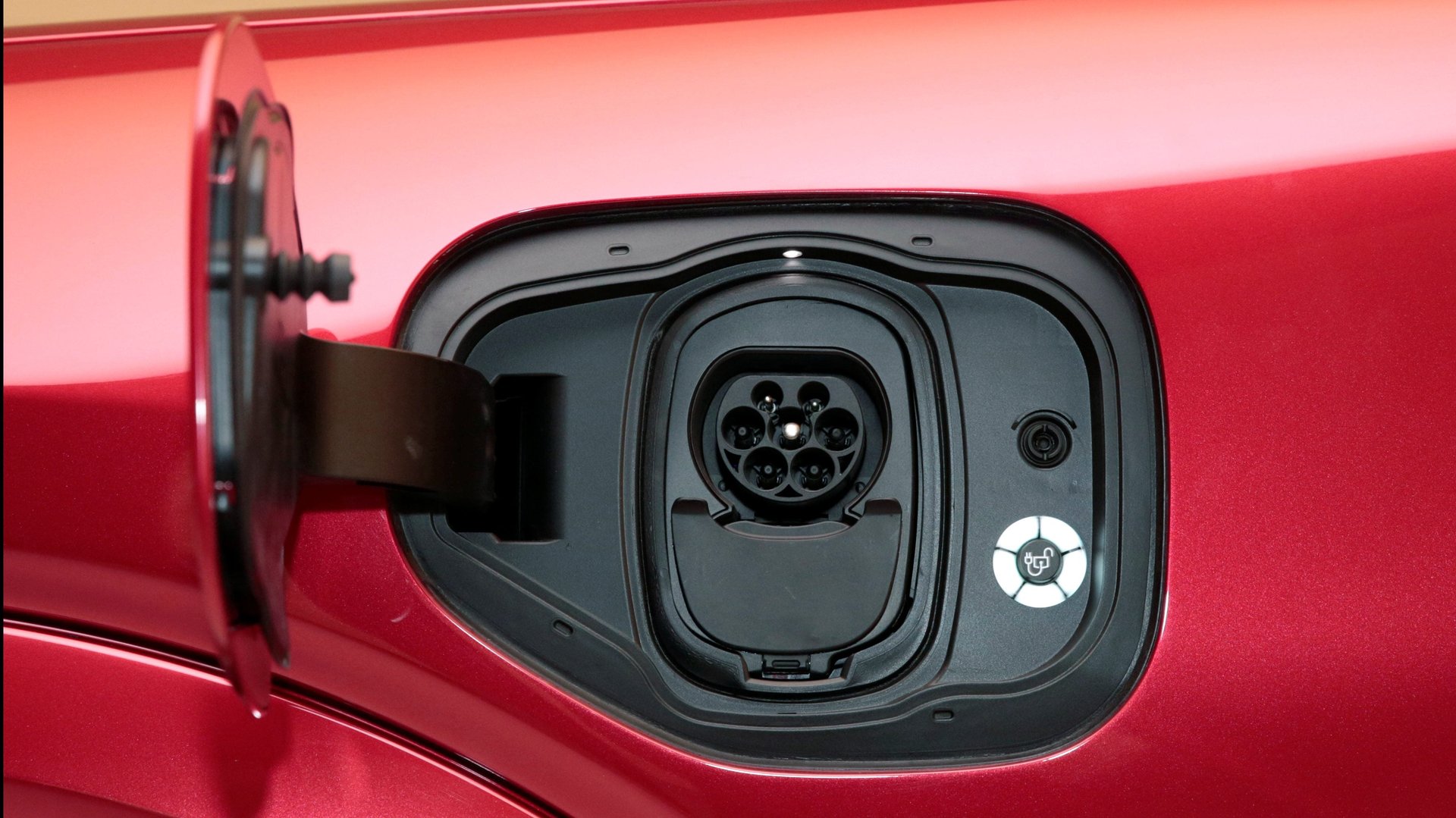EVs just got a boost from climate scientists worried about ride-hailing
Widespread adoption of electric vehicles could help ride-hailing companies like Uber and Lyft combat what climate scientists say is a significant pollution problem.


Widespread adoption of electric vehicles could help ride-hailing companies like Uber and Lyft combat what climate scientists say is a significant pollution problem.
Ride-hailing journeys today “result in an estimated 69% more climate pollution on average than the trips they displace,” says a new analysis by the Union of Concerned Scientists. This in part is because they increase the total number of car trips, and in part because of “deadheading”—the many miles the vehicle travels without a passenger.
Ride-hailing outstrips taxis in terms of ridership, and it accounted for more than 11 billion trips globally in 2018. That’s still a small fraction of overall vehicle travel, but it’s not insignificant. Data from six major US metro areas indicate that ride-hailing accounts for up to 13% of vehicle miles in their cores.
A few changes could significantly cut the pollution caused by ride-hailing: in particular, a switch to electric vehicles, and a focus on ride pooling. An electric, pooled journey would reduce global warming emissions by an estimated 79% compared with a non-pooled, non-electric trip, according to the report.
At the moment, very few ride-sharing vehicles are electric, and acceleration of the industry’s transition to electric vehicles would likely present barriers to gig-economy drivers. The report notes that companies would need to address the higher vehicle purchase prices and, for the time being, limited access to charging.
Both Uber and Lyft have shown some enthusiasm for tackling environmental challenges through initiatives like commitments to carbon neutrality, partnerships with EV makers, and working with local transit agencies.
In response to the findings, an Uber spokesperson said the company will continue to invest in solutions. Lyft noted it already “encourages the use of shared rides, was the first rideshare company to put public transit information into our app, and last year, made one of the largest single deployments of electric vehicles in the nation.”
But despite such efforts, the report authors believe that governments will likely need to step in to encourage such companies to go green. They endorse smart regulatory and funding frameworks that are already seeing success in some places, noting that last year Colorado reduced the cost of electric vehicles for ride-sharing companies, while Chicago restructured ride-sharing fees to encourage pooling. In China, some cities have already banned the use of non-electric vehicles for ride-sharing companies.